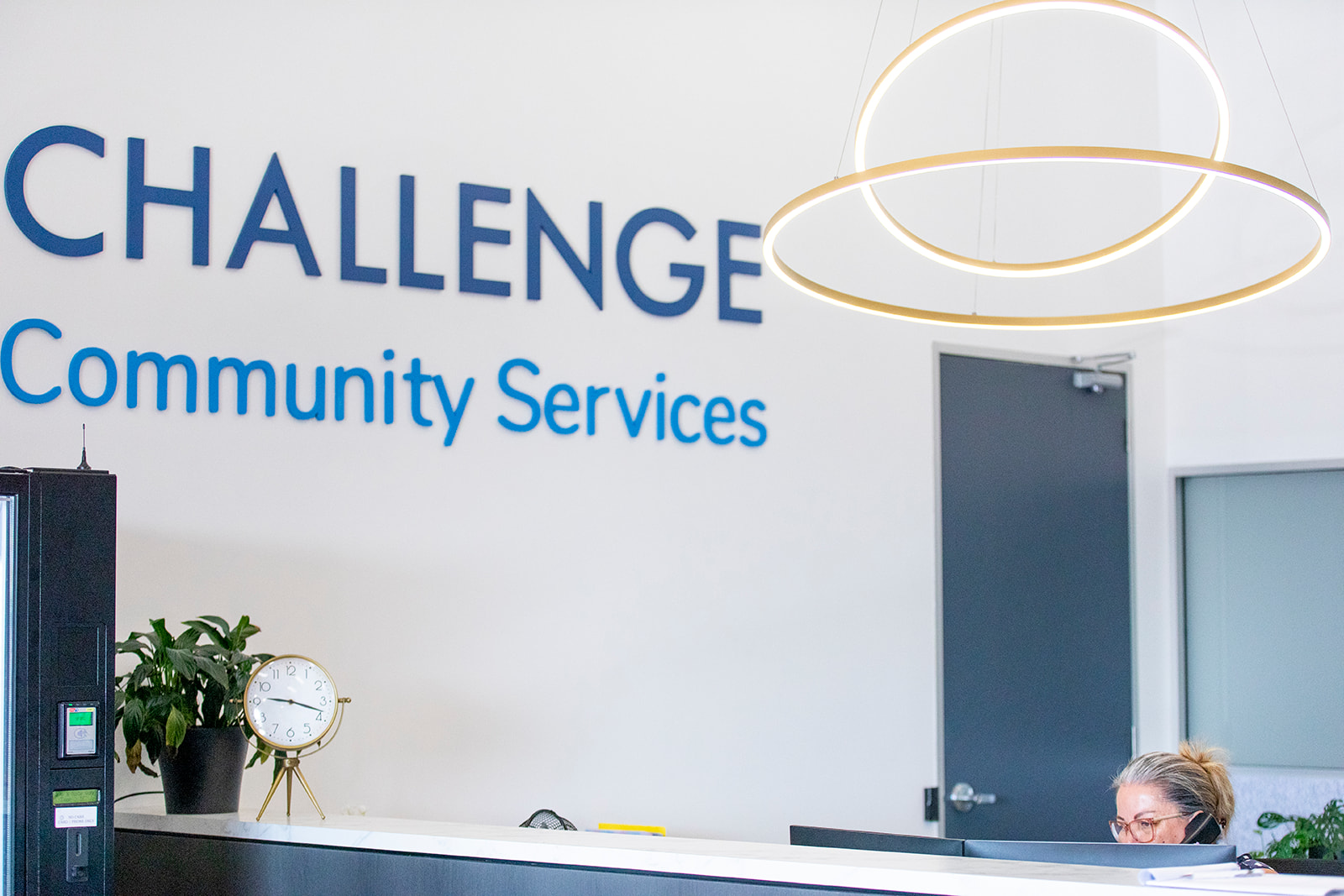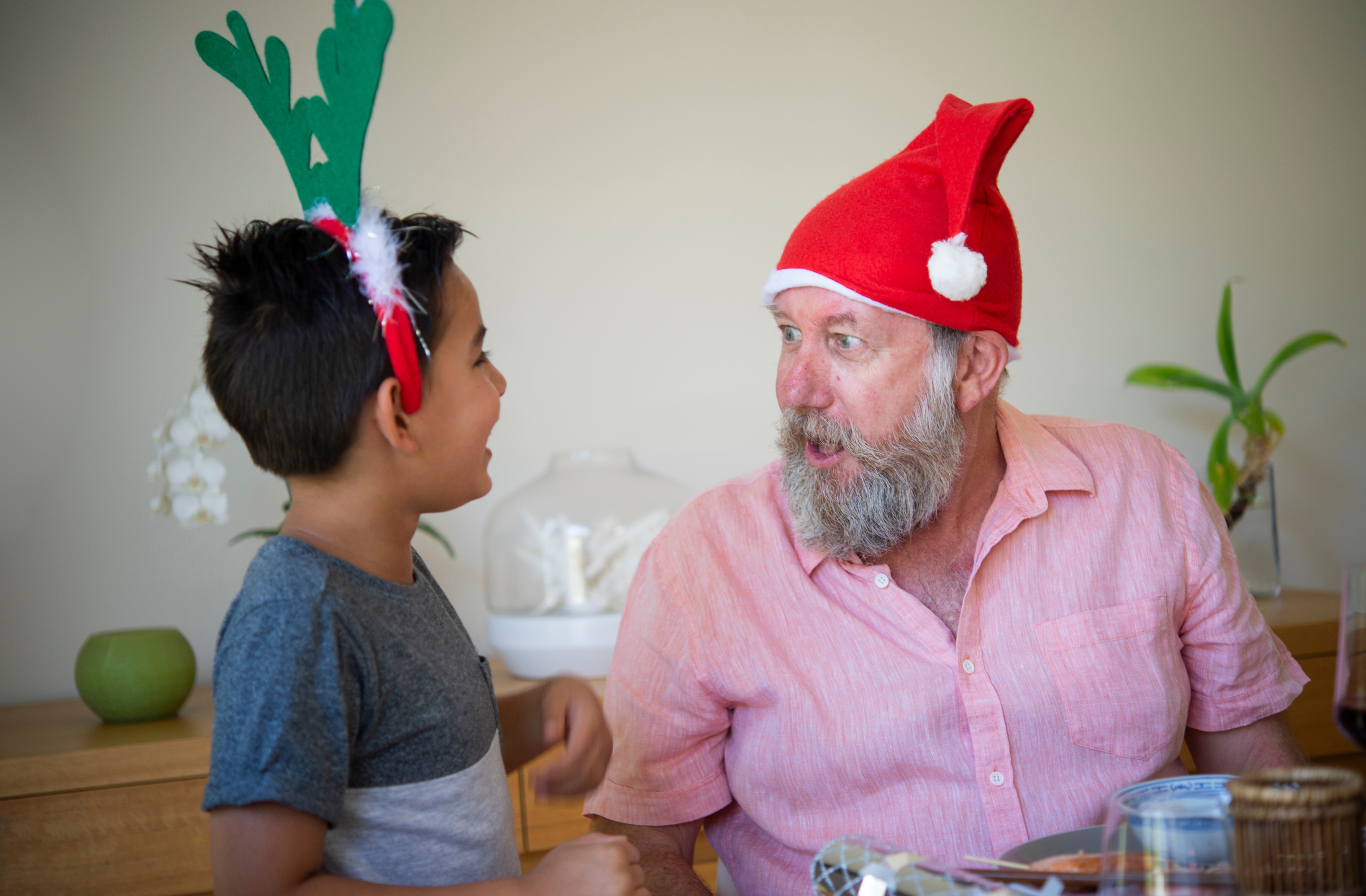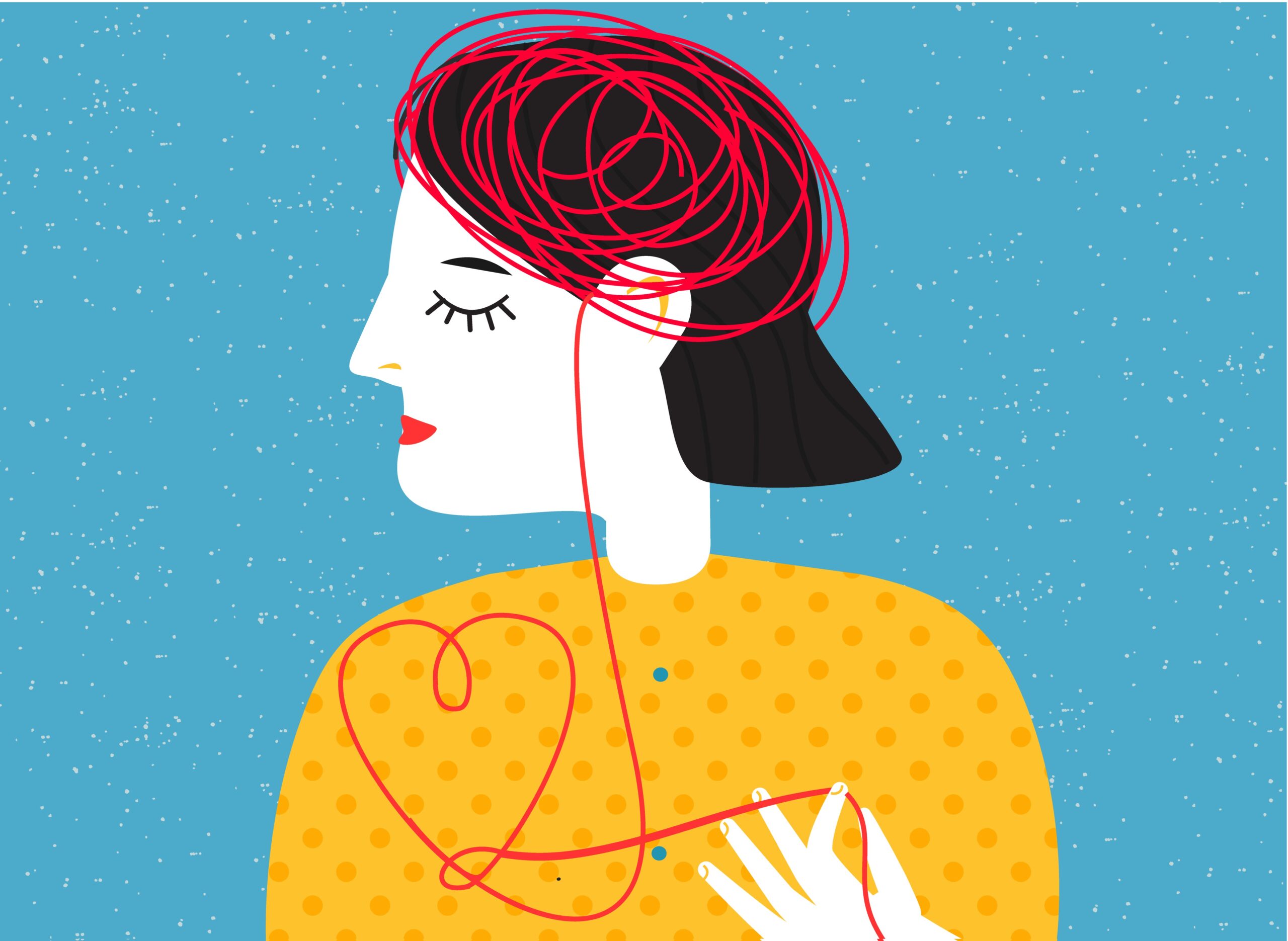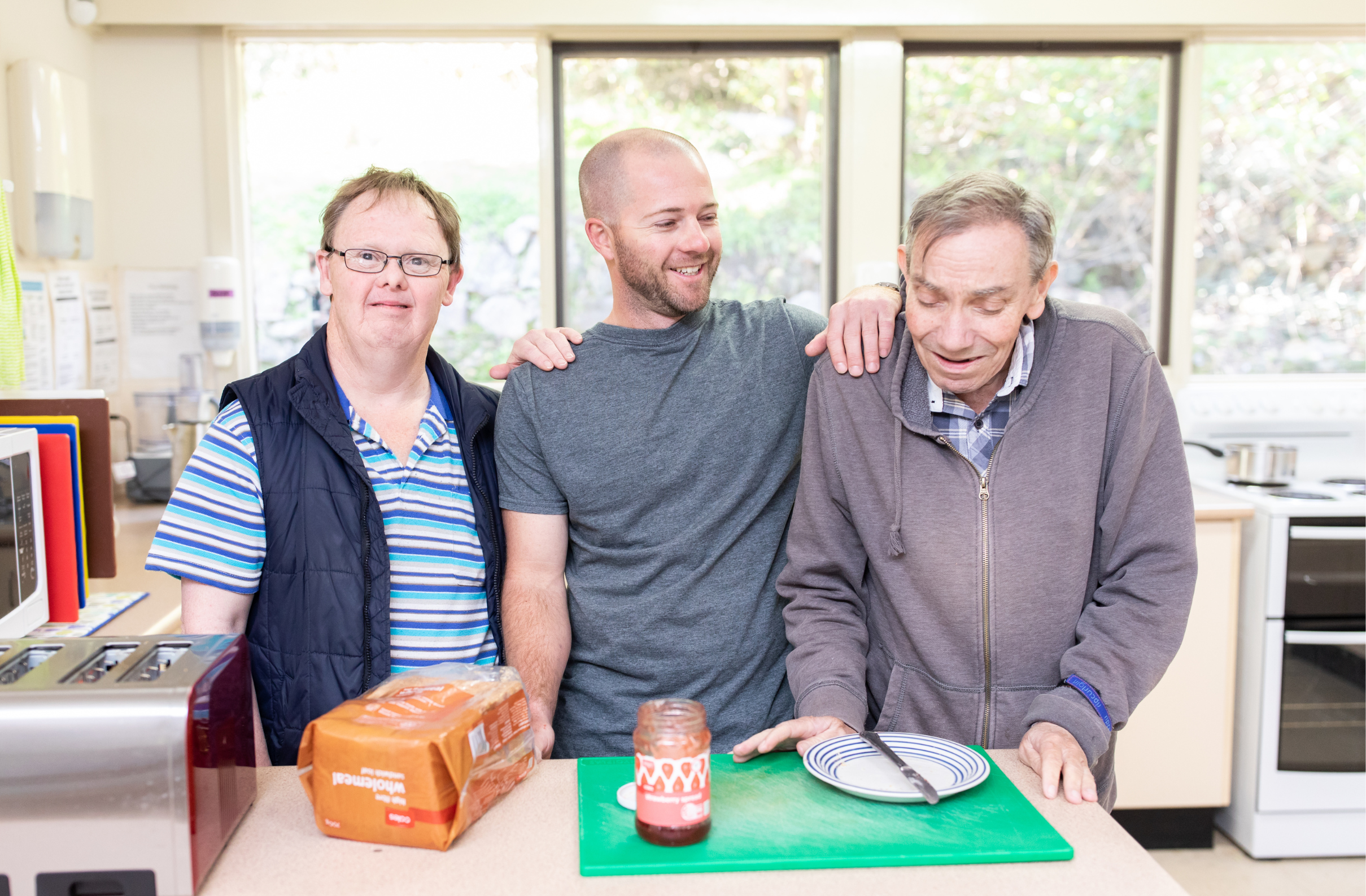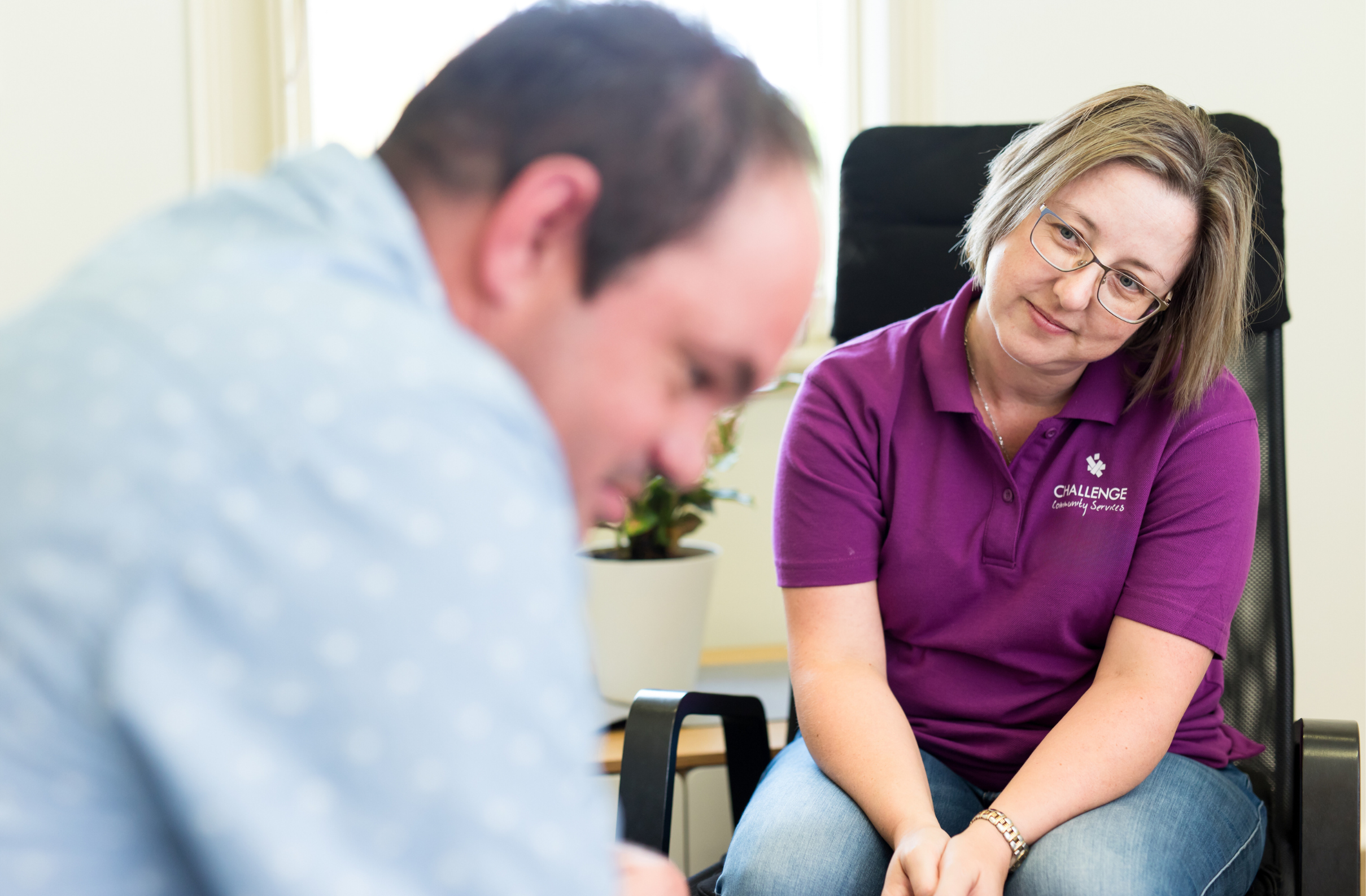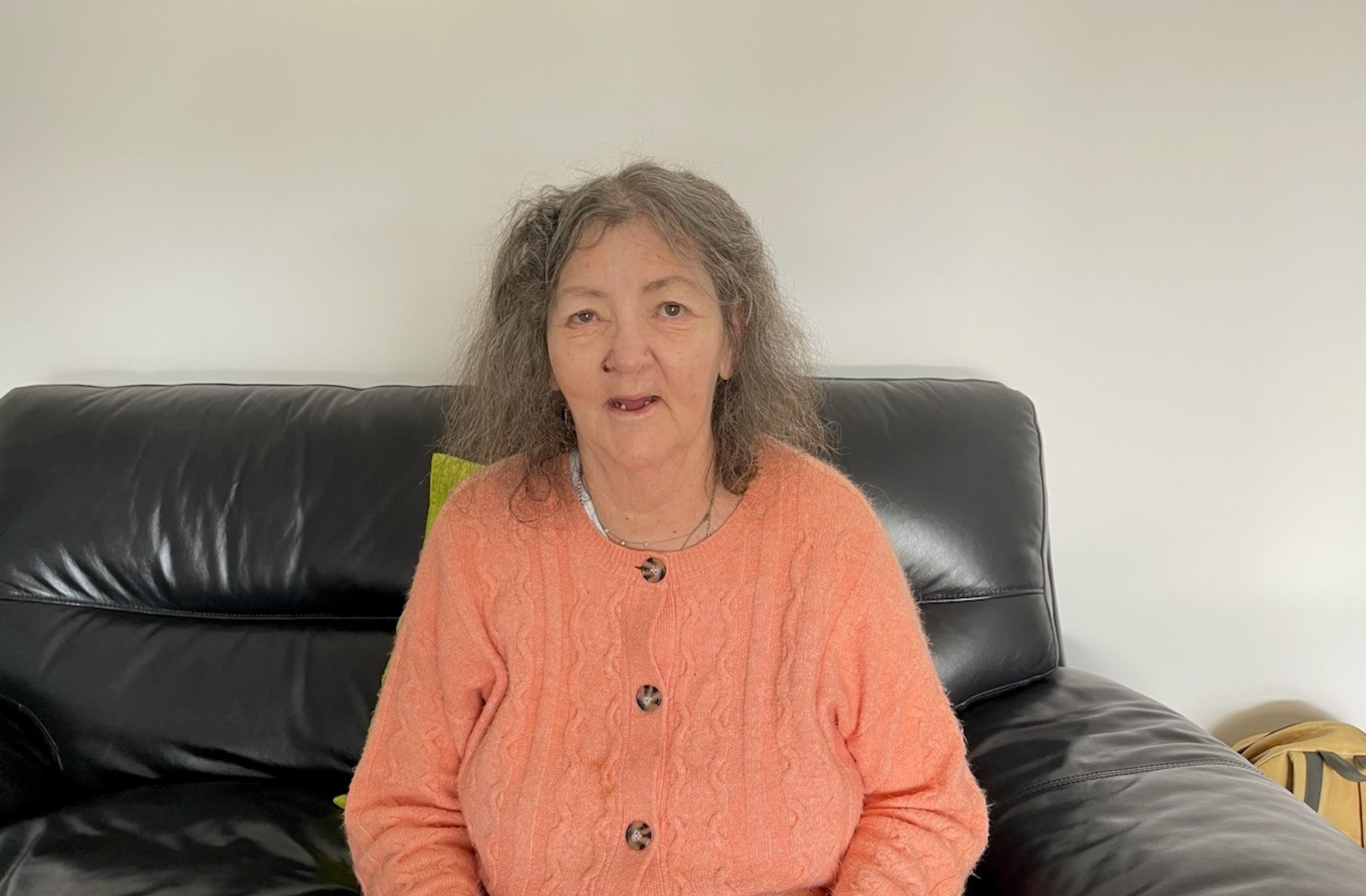In Part 2 of our Loss and Grief series, learn about the impact on families of relinquishing a child to out of home care and your role as foster carer.
Loss of a child, whether through death or separation, is one of the most profound experiences of loss a person can have. When a child is placed in out of home care, it affects parents, siblings and extended family members. Emotions may range from anger, disbelief and helplessness to guilt, despair, anxiety and loneliness.
How do birth parents experience loss of their child?
When a child is placed in out of home care, there is no ritual or public acknowledgement of the birth parents’ loss. There is also little or no acknowledgement of the pain of living with the uncertainty about their child’s future and when, or even if, their child will be returned to them.
Loss of a child is never easy or simple, regardless of the circumstances. Even if a parent relinquishes their child willingly, they may feel guilt and shame that they were unable to look after their child properly themselves or to protect them from an abusive partner.
Learn about hidden grief
Hidden grief, also known as disenfranchised grief, refers to any grief that goes unacknowledged or unvalidated by social norms. When a person is experiencing disenfranchised grief, they feel that their grief is unacceptable, unworthy or wrong. They may have imposed this belief on themselves, or society may have judged that the person’s circumstances mean they don’t have the right to grieve. This can occur, for example, when a child is removed from a mother struggling with alcohol or other drug addiction.
‘It’s not the job of the foster carer to support birth parents in their grief and loss,’ says Challenge Community Services case worker [Ebonnie York] ‘But understanding more about the birth parents’ experience of loss helps build bridges between the foster carer and the family of origin. Small actions, like sending photographs or phoning the parents on special days, can also make a big difference.’
Remain neutral
It’s vitally important for the welfare of children in your care that you remain non-judgmental, regardless of your opinion of the child’s family of origin. Beware of falling into the trap of believing the uninformed opinions of others. For example, some might comment, ‘How could she give her own child away?’ Yet, relinquishing a child in the belief they will have a better life can be the greatest act of love there is.
Whether it’s your best friend, your mother, or the supermarket cashier, avoid judgmental conversations about out of home care. Change the subject or respond with a neutral statement, such as, ‘These situations are never straightforward,’ or ‘I’m not sure of the birth mother’s circumstances.’ Never talk about a child’s birth family in negative terms in front of the children in your care.
Seek support from your case worker or a counsellor
If you are caring for a child who has been neglected or abused, it may be difficult for you to also muster compassion for the child’s birth family. It can be especially difficult when you witness daily the effect of physical and psychological trauma on the children in your care.
It’s understandable that you might feel distressed, or even angry, about the impact of the actions of adults on innocent children – you may even experience grief on behalf of the child. But rather than placing blame on their parents, it’s more helpful to you, your family and the children in your care, to talk to your case worker or a counsellor experienced in grief and loss.
The focus and priority in foster care is always the safety and welfare of the child. Yet understanding a parent’s often unacknowledged experience of grief and loss can help foster carers fulfil their role more effectively. By developing understanding and compassion for the family of origin, it will be easier to maintain connections between the child and their birth family. In turn, this often paves the way for a smoother transition if or when it is safe for the child to return.
If this blog has raised issues for you, please reach out to your Challenge Community Services case worker today. Or you can contact Lifeline on 12 11 14 for support.



